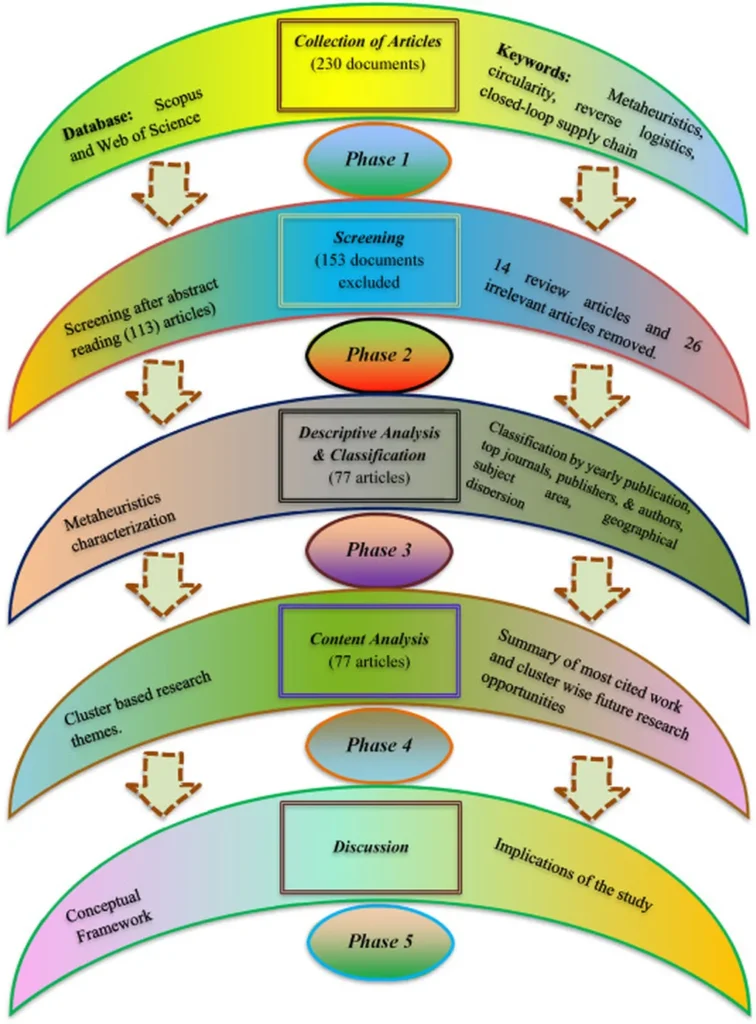In the ever-evolving landscape of logistics and supply chain management, a groundbreaking study has emerged, promising to revolutionize the way we approach the vehicle routing problem (VRP). Hadi Barati, a researcher from the Department of Industrial Engineering and Futures Studies at the University of Isfahan in Iran, has conducted a comprehensive evaluation of seven cutting-edge meta-heuristic algorithms, shedding light on their performance and potential commercial impacts.
The vehicle routing problem is a critical challenge in logistics, involving the design of optimal routes for a fleet of vehicles to serve a set of customers. The efficiency of these routes directly impacts operational costs, fuel consumption, and overall environmental sustainability. Barati’s research, published in the Engineering Reports (translated from Persian as “Reports of Engineering”), provides a structured assessment of seven emerging meta-heuristic algorithms: flying fox optimization (FFO), Giza pyramids construction (GPC), Harris Hawks optimizer (HHO), red deer algorithm (RDA), whale optimization algorithm (WOA), mayfly optimization algorithm (MOA), and stochastic paint optimizer (SPO).
Barati’s evaluation revealed significant performance variations among these algorithms. “WOA consistently achieved top ranks in small and medium-scale problems, demonstrating its robustness and efficiency,” Barati noted. This finding is particularly noteworthy for logistics managers and practitioners, as it suggests that WOA could be a reliable choice for optimizing routes in scenarios with a manageable number of variables.
However, the study also highlighted that GPC excelled in large-scale problems, outperforming other algorithms in handling complex and extensive datasets. “GPC’s superior performance in large-scale problems indicates its potential for tackling intricate logistics challenges,” Barati explained. This insight could be a game-changer for global supply chains, where the ability to manage vast amounts of data and optimize routes efficiently is crucial.
On the other hand, SPO consistently ranked lowest across all scales, indicating its limited effectiveness for VRP under the tested conditions. This finding underscores the need for further refinement and improvement of SPO to enhance its applicability in real-world logistics scenarios.
The study employed the Shannon Entropy method for weighting the evaluation criteria and a multi-criteria decision-making method for the final ranking of the algorithms. This structured approach ensures that the assessment is comprehensive and unbiased, providing valuable insights for practitioners and managers in the field.
The findings of this research have significant commercial implications for the energy sector, particularly in optimizing fuel consumption and reducing carbon emissions. By selecting the most appropriate algorithm based on the scale of the problem, logistics managers can achieve more efficient routes, leading to cost savings and environmental benefits.
Barati’s research not only benchmarks the performance of emerging meta-heuristic algorithms on VRP but also lays a foundation for future advancements in optimization techniques. The study opens avenues for further work, including the refinement of lower-performing algorithms, comprehensive testing with broader datasets, advanced parameter optimization, and exploration of algorithm applicability in other domains, such as scheduling and resource allocation.
As the logistics and supply chain management industry continues to evolve, the insights from this research will be invaluable for practitioners and managers seeking to optimize their operations. By leveraging the most effective algorithms, businesses can achieve greater efficiency, reduce costs, and contribute to a more sustainable future.

